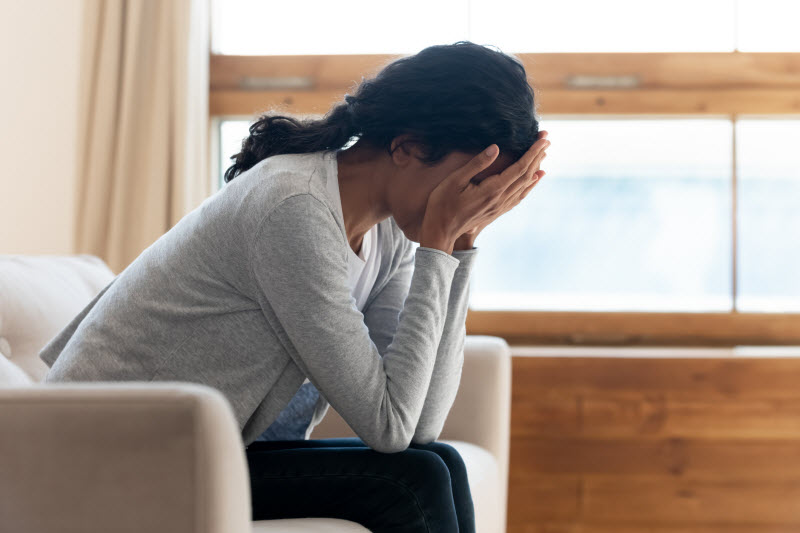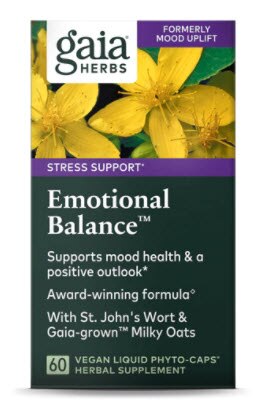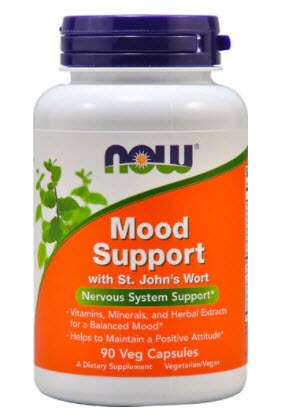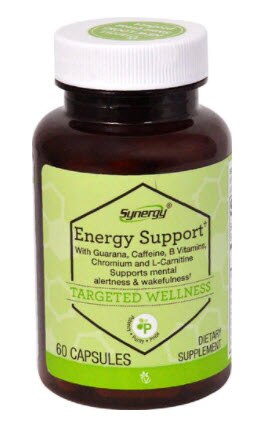If you’re experiencing a heightened sense of overwhelm, fatigue and anxiety right now, you’re far from alone. Now more than six months into a global pandemic, many people are going through what’s been dubbed online as “crisis fatigue.” While not an official term in research literature, it’s being used generally to describe the mental health state that can occur when things seem all too much.

Here’s what mental health experts say about what crisis fatigue actually is, why it’s happening and methods for coping, if you find that it’s affecting you.
What is crisis fatigue?
In a broad sense, crisis fatigue is the body’s natural response to continual underlying stress, says Zlatin Ivanov, MD, a board-certified psychiatrist in New York City. ”It can actually make us feel numb and tired for a long period of time,” he adds. Crisis fatigue is not currently listed in American Psychiatric Association’s Diagnostic and Statistical Manual of Mental Disorders, 5th Edition (DSM-5), but experts are discussing including it in the next update—a fact that illustrates how widespread crisis fatigue may be.
“We as humans can endure stress to a certain degree… [but after a point], our bodies inevitably crash, which can result in a lot of mental states that impair functioning,” says Dr. Ivanov.
So what are the symptoms of crisis fatigue? A general sense of numbness and detachment, for one. Signs vary person to person, but range from the feeling of being depressed, experiencing intense fear or dread, going through overwhelming anxiety, having trouble sleeping, fluctuating irritable moods, withdrawing from daily activities and not feeling well in general, even though there’s no medical problem.
Why are so many people experiencing crisis fatigue?
People respond to stress in many different ways, and there’s no one “right” way to be right now during this unprecedented situation. “Some people demonstrate great resilience and perhaps become even more focused, [while] others may become lethargic and withdraw. Some may become anxious and worrisome. Still others may become irritable or outright aggressive. There is unlikely to be a single pattern of a recognized set of stages that affect all people,” says Rob Yeung, Ph.D., a London-based psychologist and author of The Confidence Project.
Unlike other crises, the ongoing pandemic has no end point, which makes a big difference in how it impacts our mental state. For example, if a hurricane warning is in place where you live and you’re forced to respond—such as evacuate your home to keep your family safe—that will naturally raise your anxiety levels, says Dr. Ivanov. But that’s an acute stressor—something that passes in a matter of hours. Even if you’re left with damages to deal with, the immediate danger is gone.
With the current situation, anxiety has been running high for months—and along with it, our levels of cortisol and adrenaline have been elevated for an extended period of time. “This is something that exhausts us,” explains Dr. Ivanov. Not to mention, those elevated hormones can cause even more issues, such as high blood pressure, weight gain and weakened bones, especially dangerous for elderly individuals.
How to cope with crisis fatigue
First, whatever your mental state, recognize that feelings are merely feelings. “They can feel powerful and overwhelming, but we as human beings can, to a degree, choose how we respond to those feelings,” says Yeung. You should also recognize that what works for others may not work for you, and vice versa—so hold off on giving advice in lieu of focusing what helps you improve your well-being.
Slow down. When you’re stuck in one place, you may be tempted to consume whatever there is to consume—media, food, alcohol—so you can avoid thinking about the difficult situation at hand. To combat this, pause and take a breath before you engage in mindless behavior, says Yael Shy, meditation expert with Pause + Purpose in New York. Remind yourself you have agency over your body, your decisions and your time. Put a hand on your heart and stomach, close your eyes and take 5-10 breaths while repeating phrases of compassion in your mind.
Reconnect. With all the information overload and controversy, you may feel like nixing social interaction altogether, says Cassie Majestic, MD, a physician in Orange County, California. However, this can backfire, leading to depression and anxiety. “Keep those who love you close,” she advises, remembering that people most often do feel better when they are socially connected.
Learn something new. Instead of spending your days on passive activities, like watching TV or scrolling social media, choose an activity that requires a little effort on your part, such as taking an online class to learn a new skill, says Dr. Yeung.
Do something old a new way. Conversely, changing the way you do something can be a way to relight your interest in that activity. For example, try virtual adaptations of a meditation class or a book club, suggests Marni Amsellem, Ph.D., a licensed psychologist providing therapy virtually throughout New York and Connecticut.
Get outside. Many people report a sense of elevated well-being from being outdoors in natural environments, says Dr. Yeung. Make time to take in the smell of fresh-cut grass, the sound of the birds or the feel of dirt between your toes. These are often things that we took little time to notice before.
Write a letter. Trade in your keyboard for an old-fashioned pen and write someone a card or note to send in the mail. You’ll brighten up their day, in addition to your own, says Amsellem.
It’s also important to recognize when crisis fatigue is something more serious that might require professional help. If you feel that what you’re going through is keeping you from enjoying life or impairing your ability to function, seek out a qualified psychologist.



